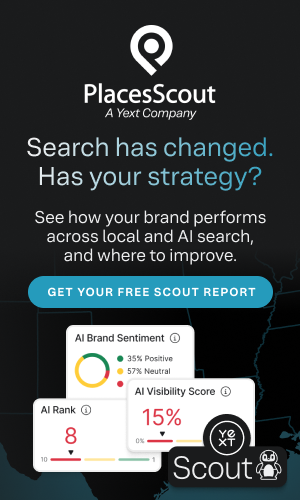- Joined
- May 24, 2014
- Messages
- 70
- Reaction score
- 51
Hi there,
I wanted to start a discussion on this topic.
I don't really want to do this at all, but I was wondering if this is allowed by Google. I haven't found a direct answer on this topic, but it seems the answer is yes, that Google allows it but that it's not a great idea.
The only reason I'm asking about this is because of the 2024 Diversity Update. For some businesses that don't have another page to link to (for example, a multi-location business that only has one page for each location such as a Location Page), would adding a link to a non-indexable landing page in GBP be accepted by Google?
The concern is that the noindex page doesn't have any ranking authority so linking to it from GBP may negatively impact GBP rankings.
Some brands have quite a bit of red tape to cut through when making SEO changes, so I'm curious what others think of this approach when your hands are tied and you don't have another page to link to for the 2024 Diversity Update.
Some other notes so that this thread doesn't get off topic: We'd add the appropriate UTM codes to the non-indexable landing page so there won't be any GA and conversion tracking issues. That's not a concern. Making the non-indexable landing page indexible is not an option at this time.
I wanted to start a discussion on this topic.
I don't really want to do this at all, but I was wondering if this is allowed by Google. I haven't found a direct answer on this topic, but it seems the answer is yes, that Google allows it but that it's not a great idea.
The only reason I'm asking about this is because of the 2024 Diversity Update. For some businesses that don't have another page to link to (for example, a multi-location business that only has one page for each location such as a Location Page), would adding a link to a non-indexable landing page in GBP be accepted by Google?
The concern is that the noindex page doesn't have any ranking authority so linking to it from GBP may negatively impact GBP rankings.
Some brands have quite a bit of red tape to cut through when making SEO changes, so I'm curious what others think of this approach when your hands are tied and you don't have another page to link to for the 2024 Diversity Update.
Some other notes so that this thread doesn't get off topic: We'd add the appropriate UTM codes to the non-indexable landing page so there won't be any GA and conversion tracking issues. That's not a concern. Making the non-indexable landing page indexible is not an option at this time.




